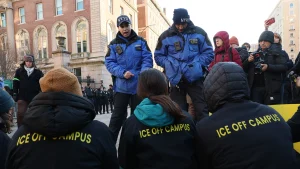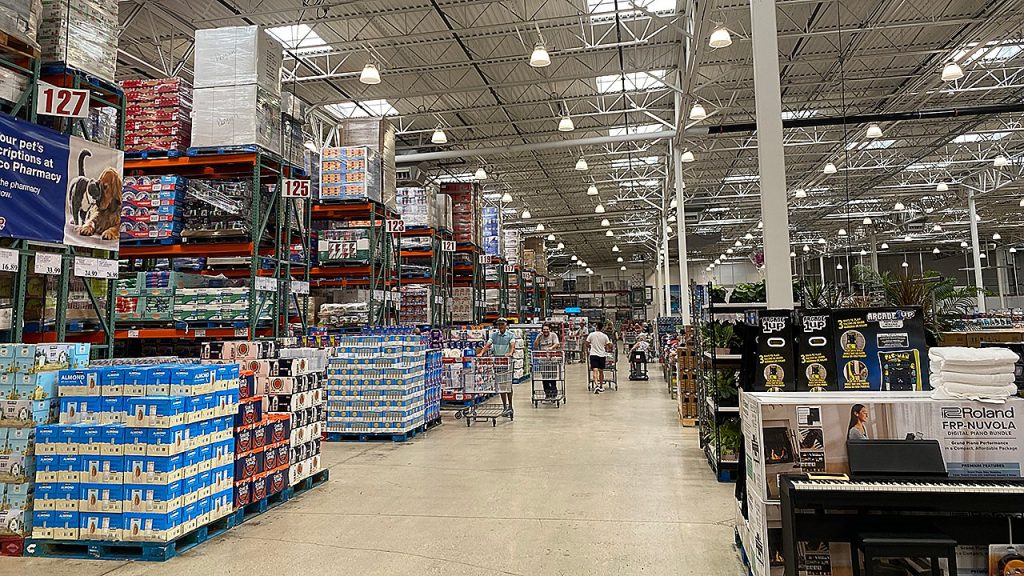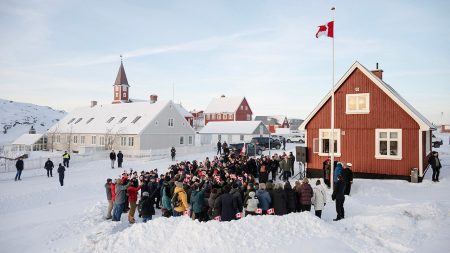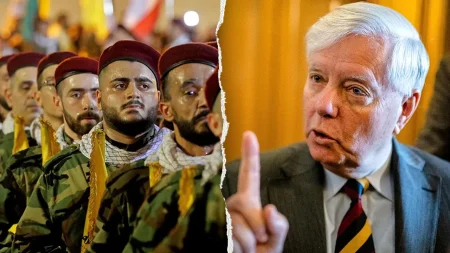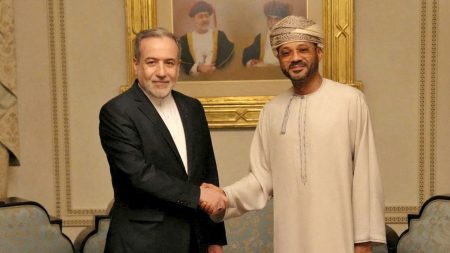U.S. Considers Visa Restrictions for UN General Assembly Attendees
As the United Nations General Assembly approaches its September 22 opening in New York, the Trump administration is contemplating new visa restrictions for delegations from several countries. This potential policy shift follows the recent denial of visas to Palestinian leader Mahmoud Abbas and represents a continuation of the administration’s broader approach to diplomatic access. According to an internal State Department memo reviewed by The Associated Press, the restrictions could target Iran, Sudan, Zimbabwe, and surprisingly, Brazil—a country that traditionally holds a position of honor during this annual gathering of world leaders.
The possible inclusion of Brazil in these restrictions stands out as particularly unexpected. By convention, Brazil’s president delivers the first address on the General Assembly’s opening day, followed immediately by the U.S. president. This consideration comes amid tensions between former President Trump and Brazilian President Luiz Inácio Lula da Silva, stemming from Lula’s prosecution of Trump ally Jair Bolsonaro on allegations of attempting a coup. The internal memo doesn’t clarify whether these potential restrictions would directly affect President Lula or other Brazilian delegates attending the assembly, leaving uncertainty about how this diplomatic tradition might be altered if the restrictions are implemented.
For Iranian diplomats, who already face significant limitations while in New York, the administration is considering even more specific constraints. One proposal would prohibit Iranian representatives from shopping at wholesale stores like Costco and Sam’s Club without explicit State Department approval. This restriction would target a long-standing practice among Iranian diplomats, who have traditionally used these wholesale clubs to purchase bulk goods unavailable in their home country and ship them back at relatively low cost. The memo goes further, suggesting the development of rules that would allow the State Department to impose conditions on wholesale club memberships for all foreign diplomats stationed in the United States, representing a potential expansion of diplomatic monitoring.
These contemplated restrictions come as part of a larger visa crackdown by the Trump administration, which involves reviewing both current visa holders and those seeking entry specifically for the UN General Assembly. The timing of the memo suggests these measures could take effect before the General Assembly convenes, potentially creating diplomatic challenges and complications for affected delegations planning to attend this important international forum. This approach aligns with previous administrative actions led by Secretary of State Marco Rubio, who has taken a hard line on visa policies, including the recent revocation of over 6,000 student visas for various infractions ranging from assault to allegations of supporting terrorism.
In an interesting contrast to the potential new restrictions, Syria’s delegation may actually experience fewer limitations during the upcoming General Assembly. According to the memo, Syrian representatives have received a waiver from travel restrictions that were imposed more than a decade ago. This exception stands out against the broader trend toward tightening access for certain nations’ delegations, though the specific reasoning behind this waiver was not detailed in the document reviewed by the Associated Press.
The State Department has not yet provided official comment on these potential restrictions when contacted by Fox News Digital. As the General Assembly approaches, the diplomatic community watches closely to see which of these contemplated measures will be implemented and how they might affect international participation in this significant global forum. The situation highlights the continuing tension between America’s role as host of the United Nations headquarters and the current administration’s approach to diplomatic relations with certain countries. With just weeks remaining before world leaders gather in New York, the final policy decisions could significantly impact both the practical arrangements and diplomatic atmosphere of this year’s General Assembly.
